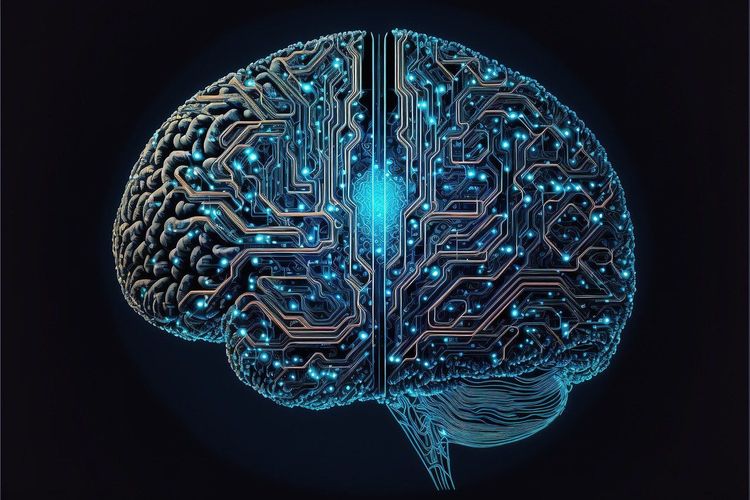The surge in demand for artificial intelligence (AI) services could necessitate a staggering 100-fold increase in data center capacity over the next decade, as highlighted by Michael Dell, the founder and CEO of Dell Technologies. Speaking during a fireside chat at SXSW 2024, Dell emphasized, "There certainly needs to be a major expansion of data center capacity." He pointed out that numerous projects are already in motion across the United States and globally to address this pressing need. "However, we may require 100 times more capacity in ten years than we have today," he added, indicating that the actual demand remains uncertain but is projected to exceed current capabilities significantly.
Building out additional data centers, Dell noted, presents its own set of challenges. This process involves substantial expenses and time, with key considerations including securing approvals for transmission lines and identifying new energy sources to support the burgeoning systems. To illustrate this point, Dell mentioned the considerable computational power and electricity required for everyday tasks, like conducting a Google search. He explained that while such a query consumes a certain amount of resources, leveraging generative AI to answer complex questions ends up requiring "1,000 times more power."
The appetite for generative AI is expected to continue its upward trajectory. According to Dell, once users experience the superior insights provided by AI models, there’s little chance they will revert to traditional search methodologies. He further remarked, "These days, it’s all about AI. It's a major platform shift that's only just beginning. We are likely in the first couple of years of a significant AI revolution."
Dell compared this movement to past technological advances, such as the internet, suggesting that the AI phenomenon "feels bigger, more important, and more significant than any previous waves. It promises to be an enormous leap forward in every domain." The pace of change in AI, he affirmed, may be progressing ten times faster than the internet's earlier growth. "In a remarkably short time, we now have five billion people using PCs and phones to access AI," he noted, adding that "the cost of having cognitive superpower is approaching zero."
This democratization of cognitive capabilities poses profound implications across various sectors, including education, healthcare, and scientific research. While AI technologies have been in existence for years, transformative breakthroughs in machine learning over the past decade, coupled with advancements in large language models and retrieval techniques, represent a paradigm shift. This evolution is moving society from utilizing machines for mere calculations to harnessing true cognitive power.
Dell pointed out that this transformation necessitates a new architectural approach: rethinking compute, memory, storage, networking, and software models across all scales. He sees a significant opportunity for his company in this landscape, especially given that around 75% of data remains on-premise rather than migrating to the public cloud. "Customers want to bring AI to their data, rather than relocating their data to AI," Dell explained.
Businesses are keen to maintain control over their data. "They want it secure and to ensure it serves their interests and those of their customers," he elaborated. Moreover, many organizations face regulatory obligations to safeguard their data, making it their most valuable asset. Therefore, Dell concluded that making AI accessible to enterprises is an "enormous priority" for the company, signaling a significant commitment to addressing these evolving technological needs.







